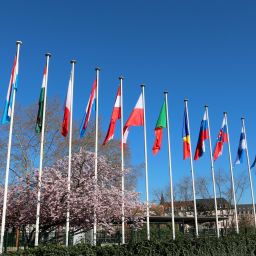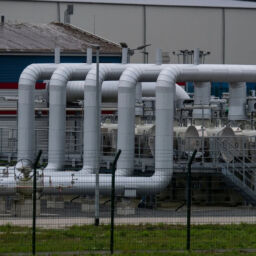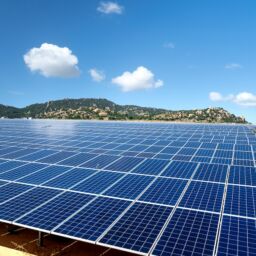
As ministers worry about leaving taxpayers on the hook if fuel costs fall in the coming years, the British government is working hard to secure long-term fuel supply offers with other countries. Liz Truss, a former prime minister, said in the beginning of October that the UK government was looking into potential fuel imports from many nations, including Qatar, Norway, and the US, to ensure the security of supply after Russia reduced supplies to western Europe following its full-fledged invasion of Ukraine. Britain isn’t as dependent on Russian supplies as other European nations, but the Kremlin’s weaponization of fuel has forced much of the continent to look for alternative sources. In order to begin talks with nations that export fuel for long-term supply deals, the short-lived Truss administration established a new “energy supply task force.”
However, negotiations have so far failed because the Treasury opposed long-term agreements at a time when global fuel prices were so high over concerns that they would not prove to be cost-effective. According to officers, Kwasi Kwarteng, Truss’ chancellor, discouraged the previous prime minister from signing a 20-year agreement to buy fuel from Norway after warning that the deal might end up being exorbitantly expensive. According to a person who was briefed on the discussions, “Kwasi just said No — it was a bad deal for the taxpayer.” However, the recent drop in wholesale fuel prices forced a reevaluation of the price the UK was willing to pay. According to Downing Street officials, Truss’ successor Rishi Sunak was still eager to hang long-term deals with third countries to ensure Britain has security of supply. One government insider remarked, “At first there was a big rush to get these deals, but then the gas price started tumbling.” “People reopened their eyes to it.”
Qatar’s power minister, Saad al-Kaabi, told the Financial Times last month that the Gulf nation and the UK had been “engaging more,” but he added that it was difficult to predict when a deal could be reached. We’re very dedicated to the UK, and eventually we’ll be able to support the UK, he said. We will undoubtedly play a significant role in the UK’s long-term support. He also issued a warning that no new, sizable LNG projects would start producing until 2025. Governments across Europe have courted Qatar, the largest LNG exporter in the world, as they look for alternatives to Russian power. However, given that the European Union and the UK’s power companies are privately owned, one of the issues Kaabi has been negotiating over is how they would obtain the fuel. The majority-state-owned Equinor of Norway declined to comment on its negotiations with the UK. About half of the fuel used in Britain is already imported, with two-thirds coming from Norway.
Later this month, the UK is expected to announce a deal with the US on energy security, but it is anticipated that this agreement will mainly focus on nuclear and renewable energy cooperation. One person with knowledge of the settlement proposal said it was likely to mention that Britain imported about 10 billion cubic meters of fuel from US suppliers in the previous year but might not commit to further imports. A senior Biden administration official confirmed that the US government had discussions with the Truss administration about the deployment of clear power and LNG supplies, but emphasized that no agreement was close to being reached. But any long-term export offers that are negotiated with the private sector have little direct influence from the US administration. Additionally, US LNG producers claim they have little to no extra capacity to extend shipments. British power executives have expressed concern about who would sign the offers if UK government talks with fuel exporting countries had been successful, claiming that large private power firms, like Centrica, typically negotiate long-term agreements immediately. According to one trade supply, “How it might operate is a mystery.”
















